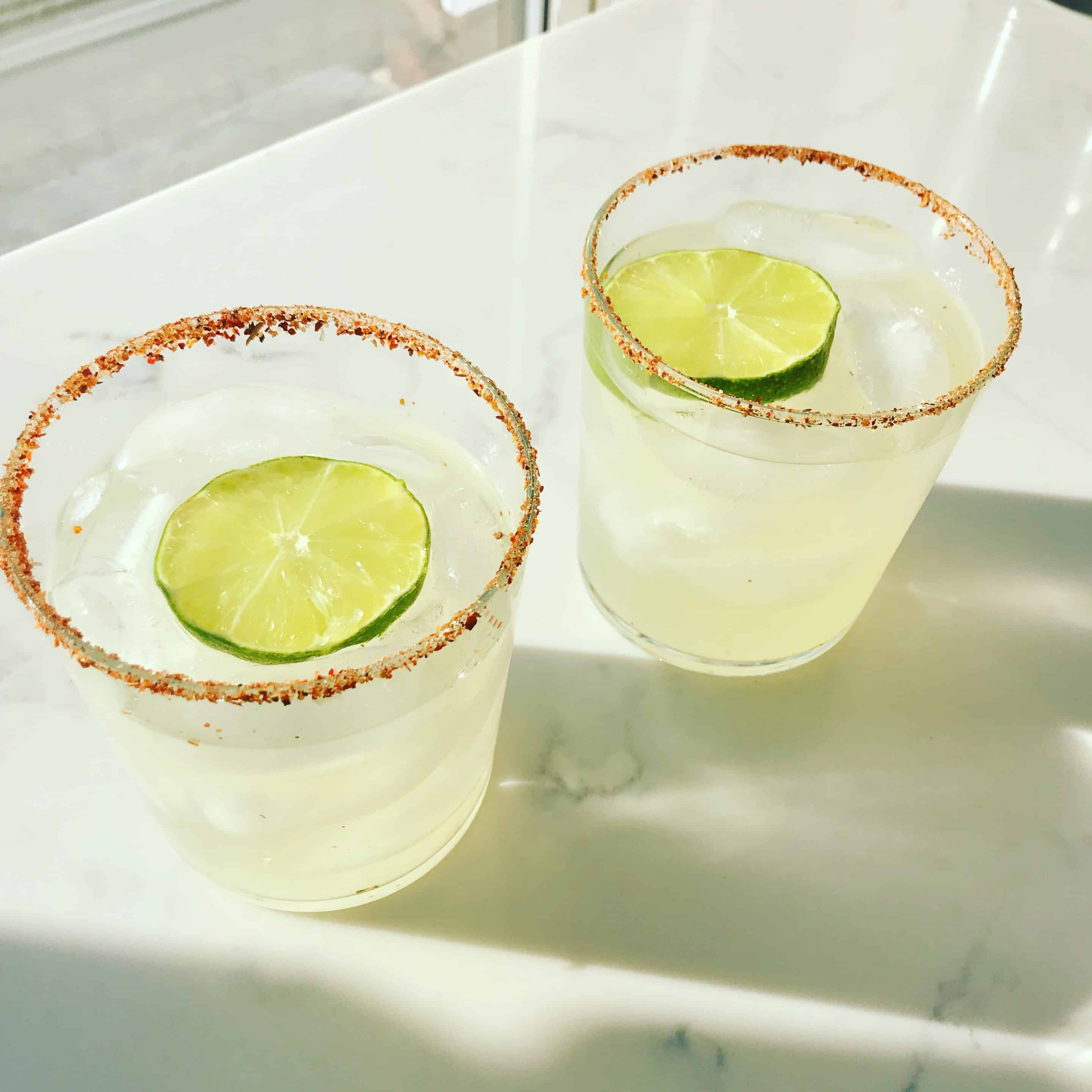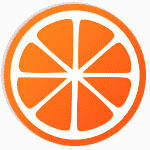
Friday night, the sun was streaming in our windows. We just moved and this whole light-filled space thing is new for us. I asked Marc if he wanted me to make him a drink. “Sure” he said, as he always does. In the book I just finished, it talks about one partner drinking coffee and the other disliking it, and one drinking and other abstaining. There is definitely something I like that Marc and I both dive for coffee in morning (though I can’t get him into brain octane, damn) and our “healthier” cocktails on vacation and weekends. These are rituals we share.
Saturday morning, as I slept in until 6:45 (seems my body only wants to sleep late on weekdays), I scrolled my Facebook feed. And yes, this is probably the least mindful first-thing-in-the-morning activity. About five statuses in, this article was posted. The writer had breast cancer. This led her to explore the relationship between alcohol and cancer. She feels, rightly so, that the alcohol data is purposefully suppressed because alcohol companies don’t want us to know the facts, as it would decrease their sales. It’s an article you should read in its entirety, after you finish this post.
But I know the data. As a bit of a research whore. I’ve read it all, or the bulk of it. There was one angle in this piece I hadn’t explored, more on that in a bit. If I have a client with cancer in their family history or their history, I lay down the data. I discourage them from drinking. While I decrease the number of drinks most clients consume, I am adamant with those with cancer in their histories.
When my book came out, a friend of mine freaked out, like yelled, at me for my suggestion of four drinks max per week, for women (women and men metabolize alcohol differently). And I discourage clients who contemplate picking up a red wine habit for their heart health. So, in the name of health, I encourage all clients to decrease there alcohol consumption. But I’m not as hardcore or definitive with it as I am with artificial sweeteners.
When you discuss alcohol (and the same can be said for sugar or carbs) you have to assess the data alongside a client’s social life and personal preferences. I’m sure there are people who don’t drink or eat sweets or stress but there aren’t many. I prefer to the concept “pick your pleasure” over “everything in moderation”. Look at your relationship with alcohol and sugar and carbs and stress. Keep a one week log of what you eat and drink and your stress level on a 1-10 scale. Where can you cut back? Or, do you feel you need to make a drastic change in any of these areas?
Knowledge is power but we can use that power to different ends. When asked on Instagram,when I posted my margarita pic, I explained I try not to drink during the week until Thursday night. If I were to pick between sugar, carbs and alcohol, I would be least likely to forego cocktails. Part of me wondered whether my advice to clients is clouded by my personal preference. I don’t think this is the case, as I don’t recommend clients shun all sugar (and the sugar/cancer data isn’t good either).
As for the the Mother Jones’ piece, I was surprised by the info on the effects of alcohol on young women. The effects of alcohol seem to be particularly potent on the developing breast, similar to the same window and soy consumption. While this is important to communicate, it’s challenging to communicate long term health to someone who hasn’t hit 25. It’s tough for those of us who are older and allegedly wiser

